Vice President of the United Socialist Party of Venezuela (PSUV) Jesús Germán Faría Tortosa (Photo: VNA)
In the early morning of April 30, 1975, South American time, 11-year-old Tortosa woke up by the sound of "Viet Nam ganó, Viet Nam ganó" (Viet Nam won, Viet Nam won) from outside, which was about a country in the stories her father often told about - a distant, small but very heroic Viet Nam.
Tortosa ran out and saw his father's radiant and happy face when he said that Viet Nam had defeated America and achieved complete independence. The boy clearly felt the family's joyful atmosphere because at that time, Tortosa's father was the General Secretary of the Communist Party of Venezuela, who always considered Viet Nam a close friend.
In a conversation with the Viet Nam News Agency, Tortosa recalled his memories of the unforgettable time when Venezuelan people considered Viet Nam's April 30 victory as their own.
That morning, accompanying his father to the Tribuna Popular newspaper office of the Communist Party of Venezuela in Caracas, Tortosa saw a bustling atmosphere full of joy from the Party leaders as well as the reporters and editors as they rushed to broadcast information about Viet Nam's victory that took place a few hours earlier in Viet Nam time.
After nearly half a century, the images of the fall of the Saigon government, the last helicopter leaving the US Embassy, and each victorious army entering the city with the liberation flag flying on the roof of the Independence Palace have still remained fresh in the mind of the PSUV Vice Chairman.
He said that the great April 30 victory was like a gift that Viet Nam sent to the progressive and peace-loving peoples in the world. The Dien Bien Phu victory in 1954 is an example of inspiration and determination for colonial countries in Asia, Africa, and Latin America to rise up to gain independence from the yoke of old and new colonialism, while the victory in the spring of 1975 awakened national sovereignty, encouraging colonial and dependent countries to fight for independence, he stated.
The April 30 victory was also an aspiration for the success of the Bolivarian Revolution in Venezuela 24 years later, because late President Hugo Chávez always expressed special admiration for President Ho Chi Minh, as well as the resilient will of the Vietnamese people, said Tortosa.
Jorge Alcocer Villanueva, former Secretary of Home Affairs of Mexico (Photo: VNA)
Meanwhile, Jorge Alcocer Villanueva, former Secretary of Home Affairs of Mexico, told Viet Nam News Agency that it was images of cruelty of the war, especially the photo of "Napalm Baby" Phan Thi Kim Phuc, pushed him and many other students to take to the streets to protest the war in Viet Nam.
During the fiercest period of the Vietnamese people's resistance against America, he joined protests against the war in Viet Nam in front of the US Embassy in Mexico City.
For Villanueva, this was a very prideworthy period for himself as well as many other students of the same generation in Mexico, because anti-war activities strongly demonstrated the noble thoughts of the intellectual youth class at that time, the spirit of love for peace, and awareness of national independence-sovereignty and international solidarity.
Therefore, the victory of Vietnamese people in the struggle for independence and national reunification is a great encouragement to the entire Latin American region, including Mexico, as this victory affirmed the rights to self-determination, which is the right of each nation to establish its political regime and carry out its socio-economic and cultural development on the basis of national sovereignty.
Besides, Viet Nam's April 30 victory also opened a new era of world order in which countries cannot arbitrarily use force to interfere in internal affairs of other countries, he stated./.
Source: VNA



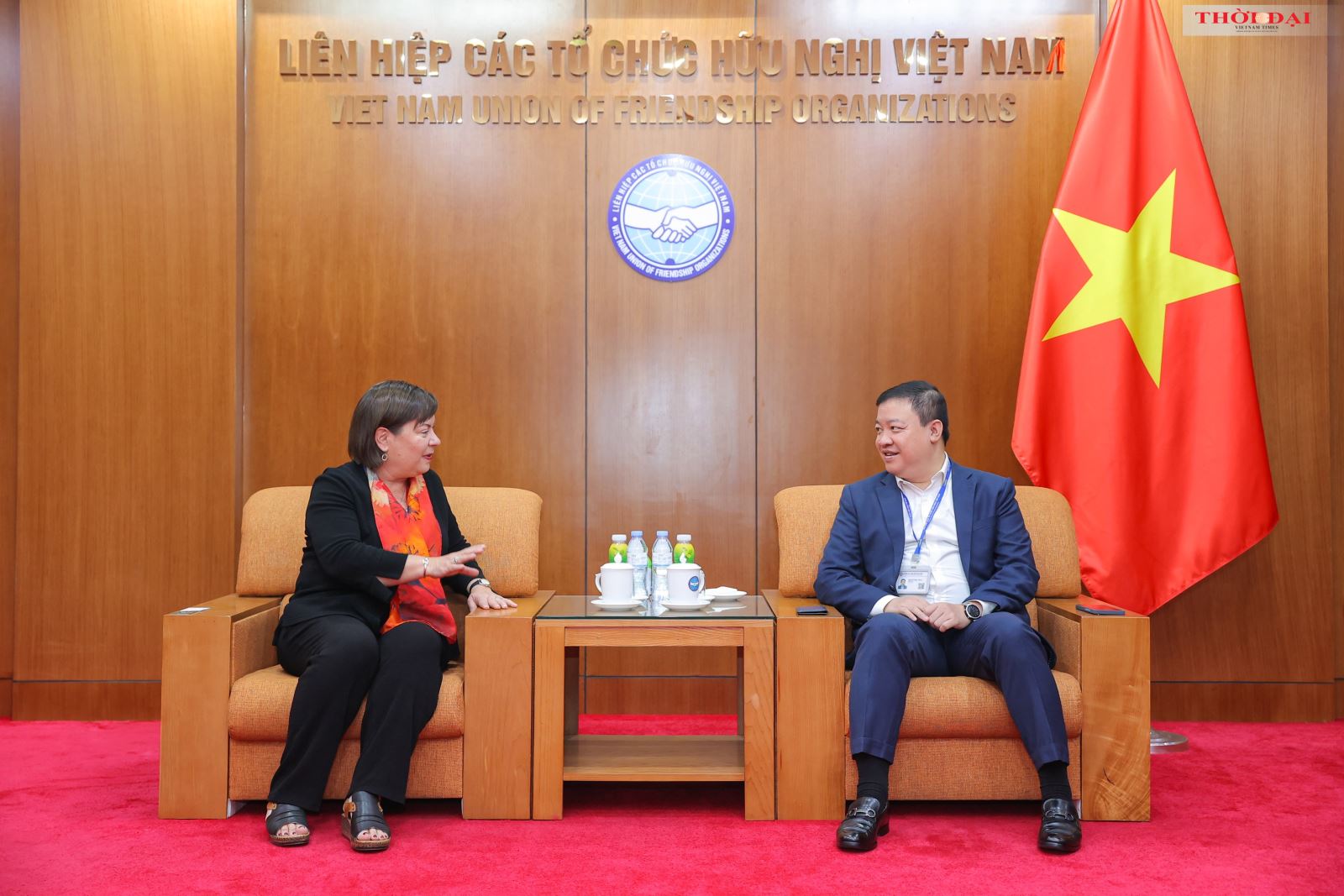
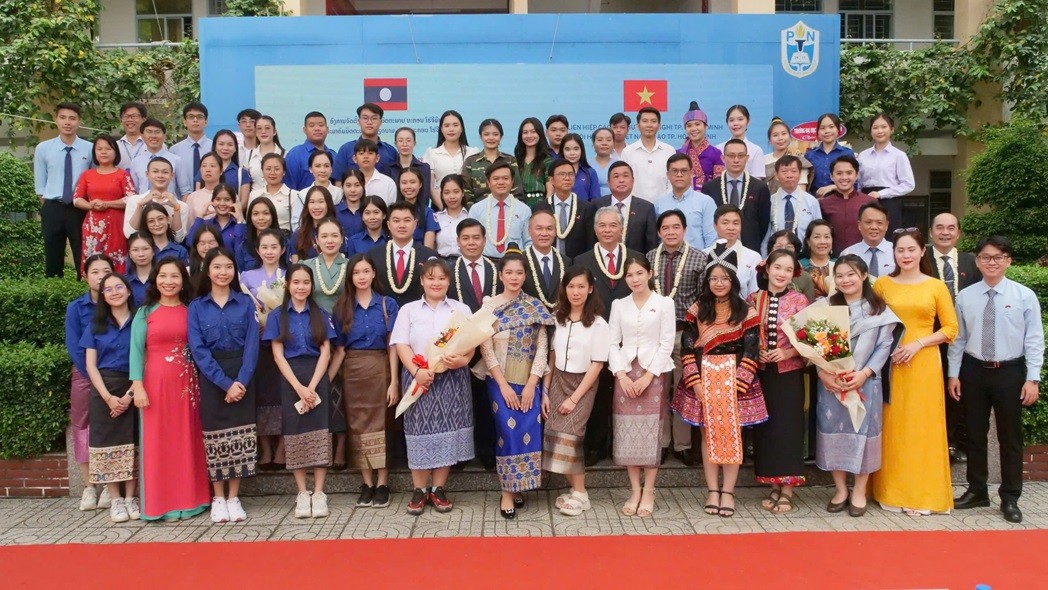
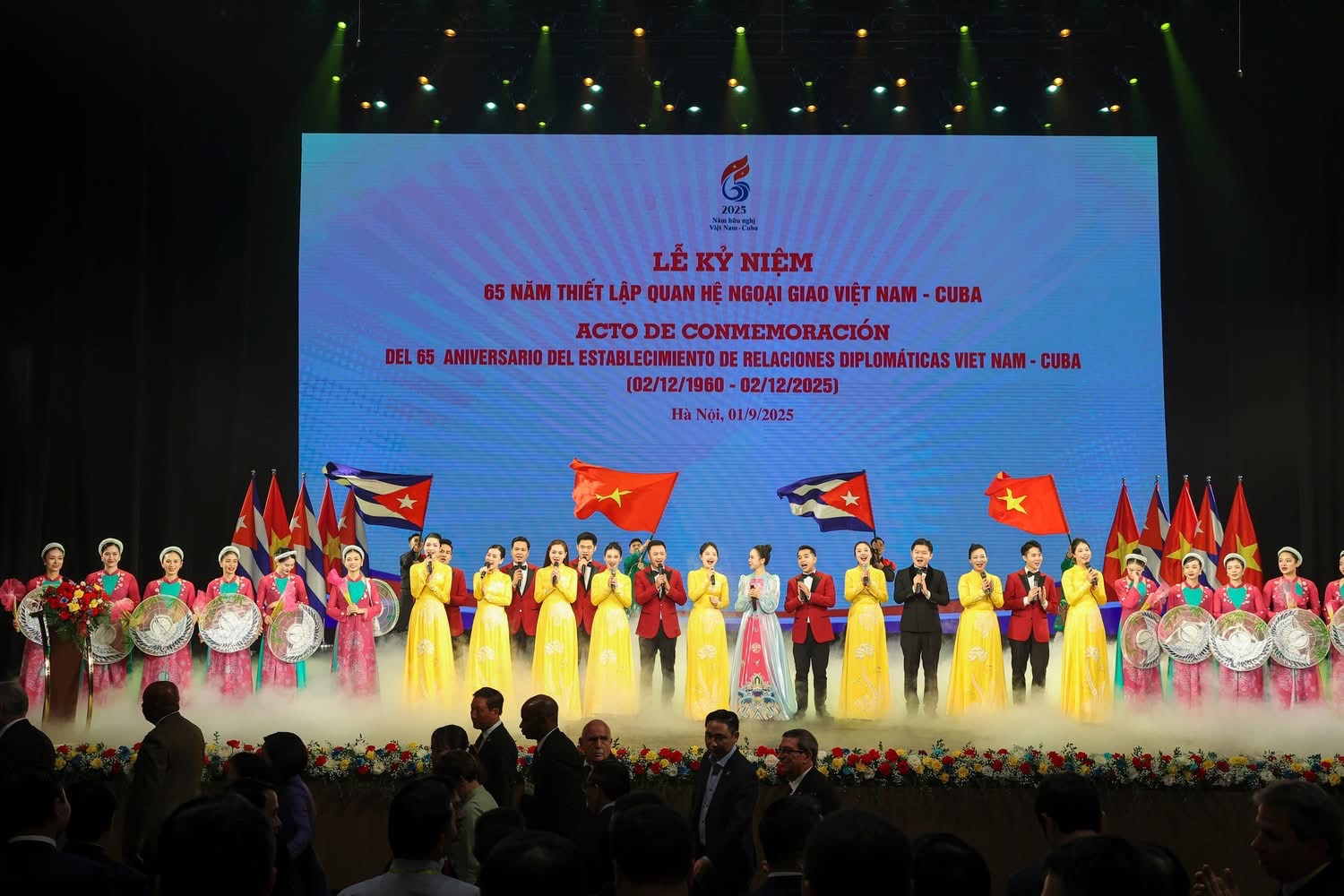
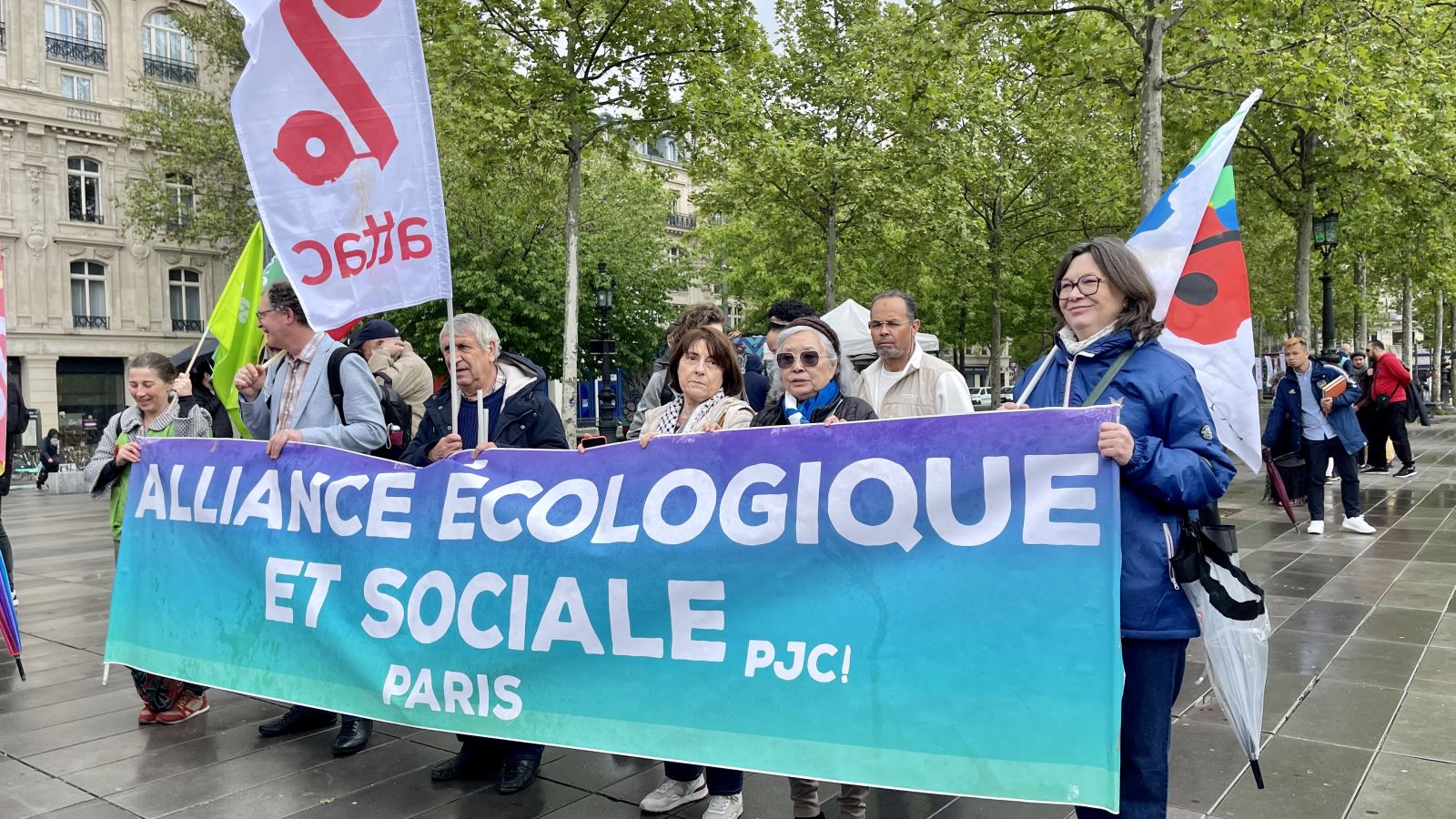
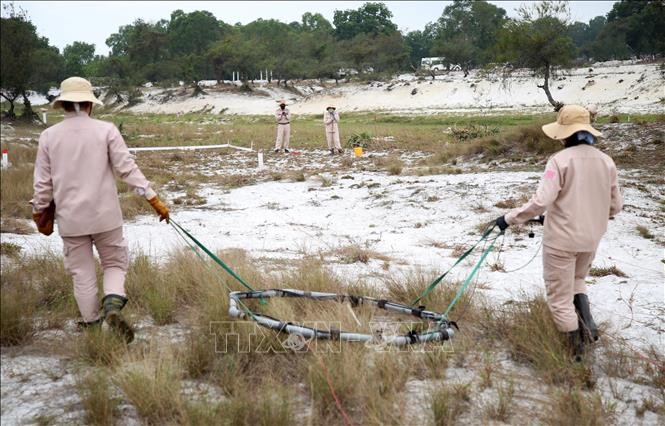
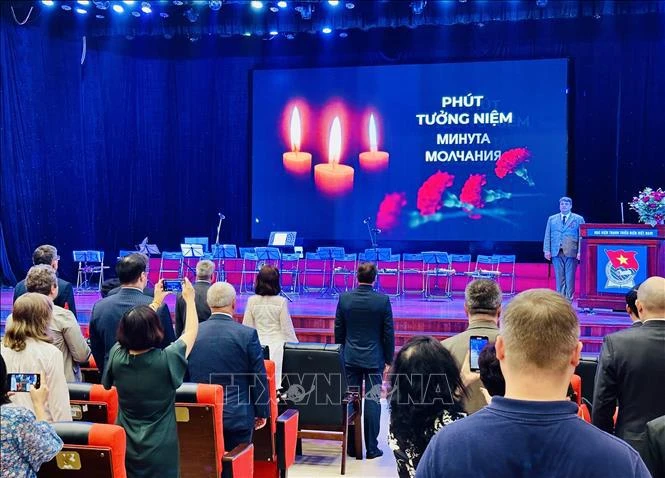
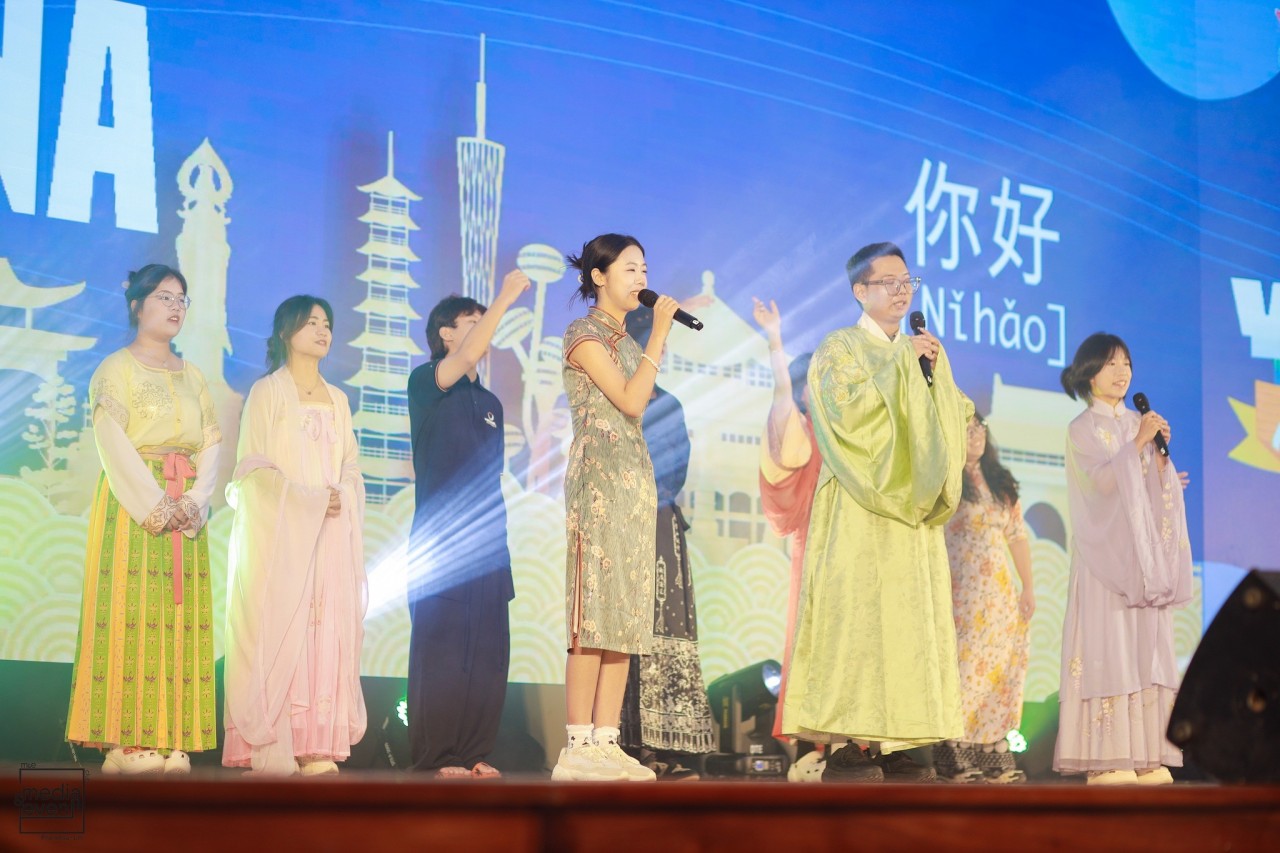
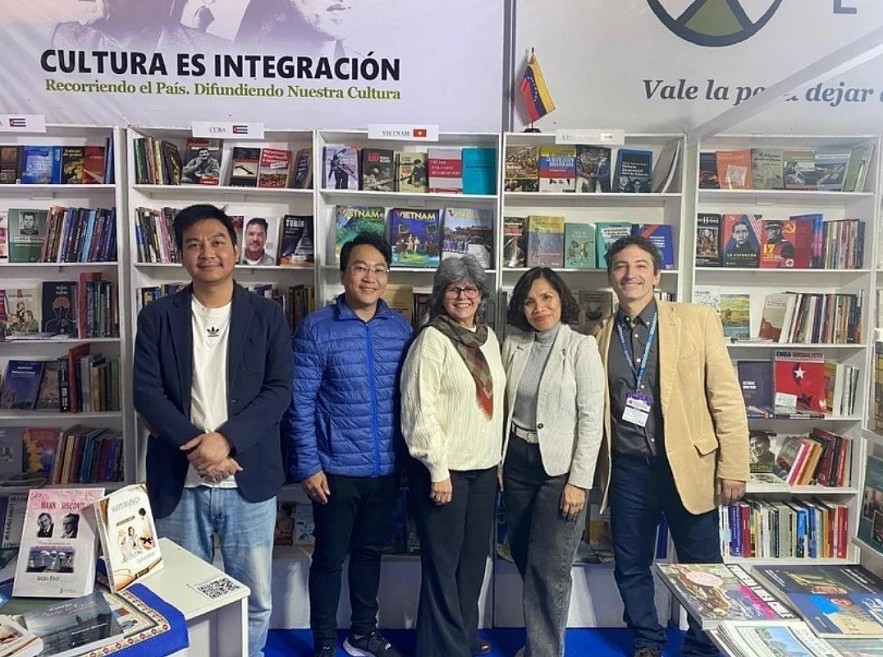
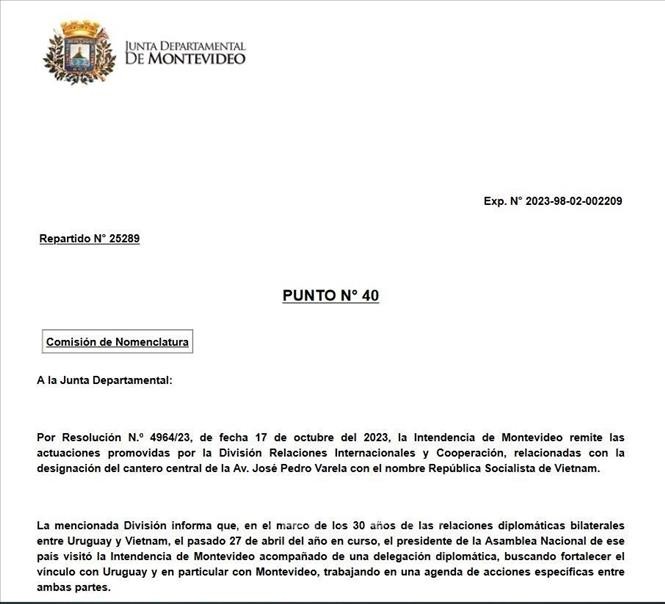
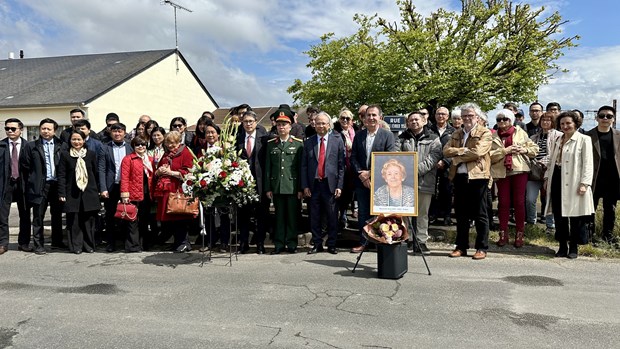
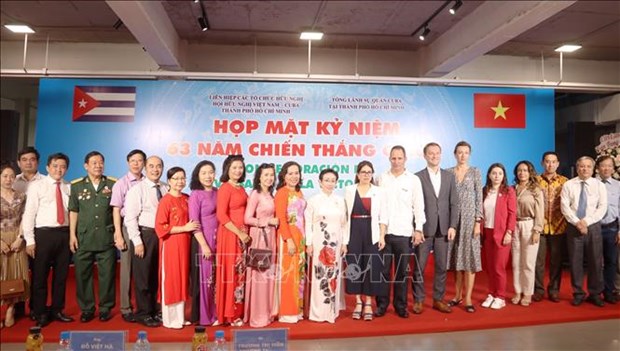
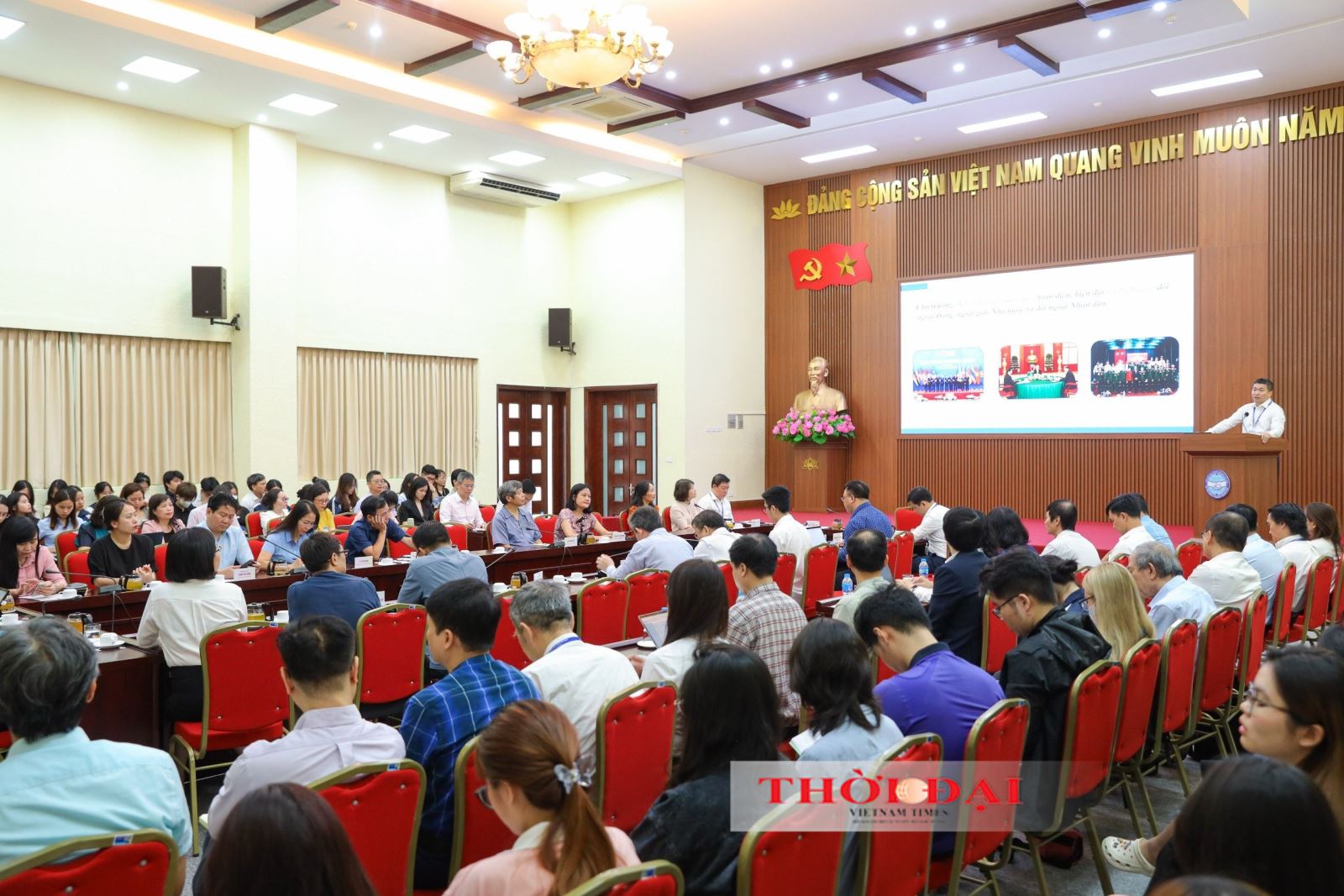
%20at%20the%20dialogue%20with%20ASEAN%20youth_(1).jpg)